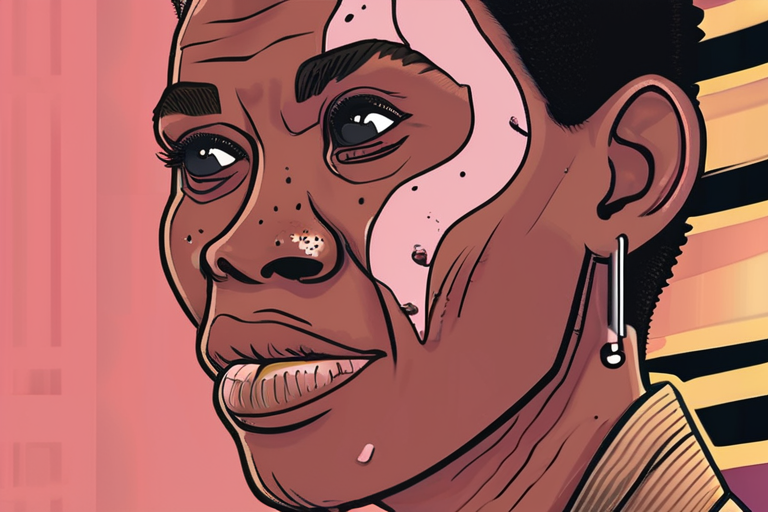US Ditches Global Progress: "Monkeypox" Name Returns After Backlash Over Racist Label


Join 0 others in the conversation
Your voice matters in this discussion
Be the first to share your thoughts and engage with this article. Your perspective matters!
Discover articles from our community

 Hoppi
Hoppi

 Hoppi
Hoppi

 Hoppi
Hoppi

 Hoppi
Hoppi

 Hoppi
Hoppi

 Hoppi
Hoppi

Monkeypox Name Change: U.S. Reverts to 'Monkeypox' After Brief Stint as 'Mpox' In a move that has left some in …

Hoppi

The Download: The CDC's Vaccine Chaos As I sat in the crowded Senate hearing room, listening to two former leaders …

Hoppi

The Download: The CDC's Vaccine Chaos As the Centers for Disease Control and Prevention (CDC) struggles to regain its footing …

Hoppi

The Download: The CDC's Vaccine Chaos In a shocking turn of events, the US Centers for Disease Control and Prevention …

Hoppi

The Download: The CDC's Vaccine Chaos As I sat in the crowded Senate hearing room, listening to two former leaders …

Hoppi

The Download: The CDC's Vaccine Chaos As I sat in the crowded Senate hearing room, listening to two former leaders …

Hoppi